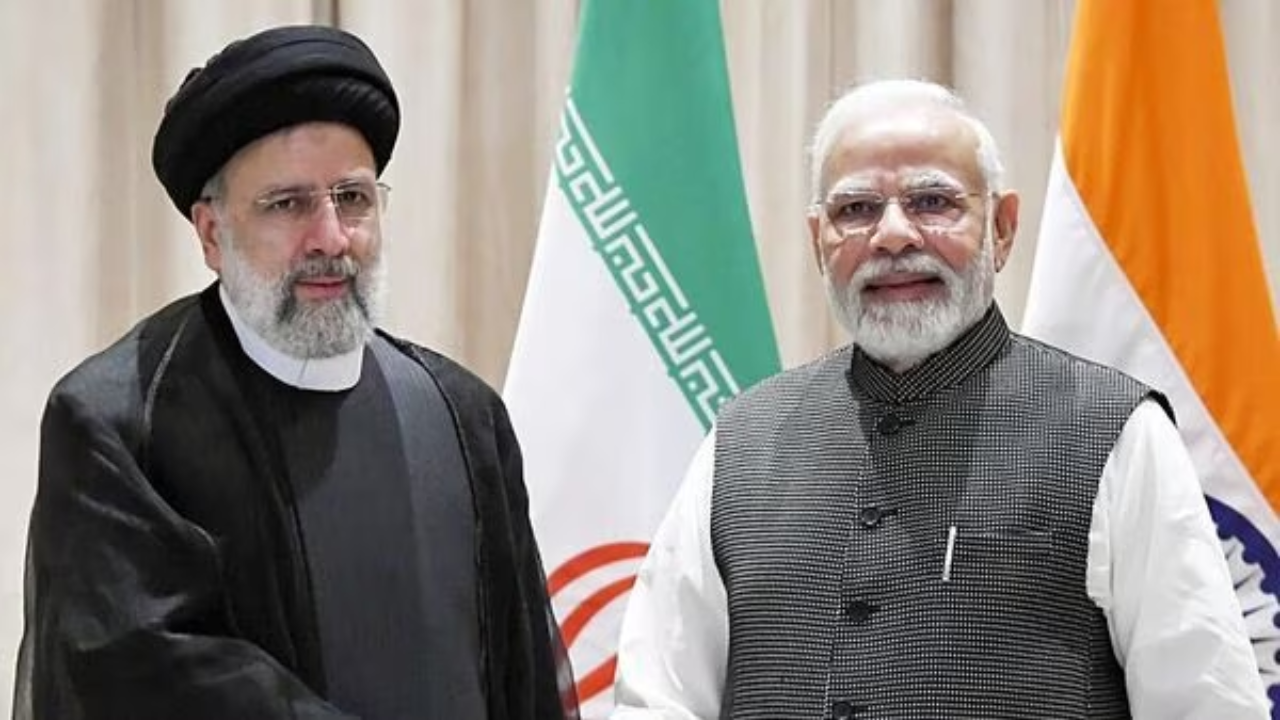Indian Prime Minister Narendra Modi and Israeli Prime Minister Benjamin Netanyahu held a telephonic conversation on Tuesday to address the ongoing Israel-Hamas conflict and maritime concerns in West Asia.
In a tweet, Modi stated, “Had a productive exchange of views with PM @netanyahu on the ongoing Israel-Hamas conflict, including shared concerns on the safety of maritime traffic.”
Focus on Maritime Safety and Freedom of Navigation
The leaders discussed the safety of maritime traffic, particularly through the Bab-el-Mandeb, a vital strait connecting the Mediterranean Sea and the Indian Ocean. Concerns have arisen due to threats posed by Yemen’s Houthi rebels, prompting discussions on ensuring freedom of navigation for ships in the region. The Bab-el-Mandeb is crucial for India’s trade with the Middle East, Africa, and Europe. The recent uncertainty has raised fears of disruptions for global shipping companies and potential impacts on essential commodity prices, including oil.
Previous Conversation and Ongoing Support
Modi and Netanyahu had previously spoken on October 10, shortly after an attack by Hamas that resulted in the loss of lives in Israel. The leaders reiterated their commitment to the early restoration of peace and stability in the region, along with continued humanitarian assistance for those affected.
Discussion on Designation of Hamas and Arrival of Foreign Workers
The leaders discussed advancing the arrival of foreign workers from India to Israel. Netanyahu thanked Modi for India’s support of Israel’s efforts against Hamas. The Israeli Prime Minister’s office mentioned that Modi emphasized the importance of ensuring freedom of navigation globally.
Additionally, Israel had earlier requested India to designate Hamas as a terrorist organization, and there were discussions about India passing messages to countries, including Lebanon, through a back channel.
The call underscores the diplomatic efforts to address the complex issues surrounding the Israel-Hamas conflict and the broader implications for regional stability and international trade routes.






















